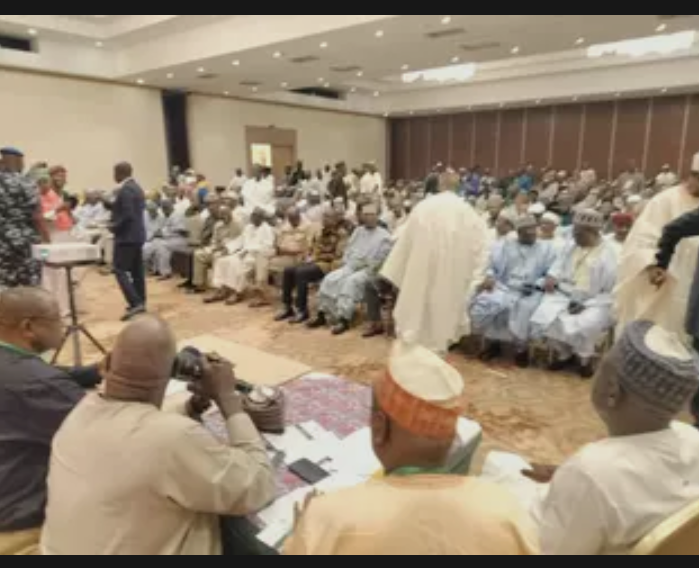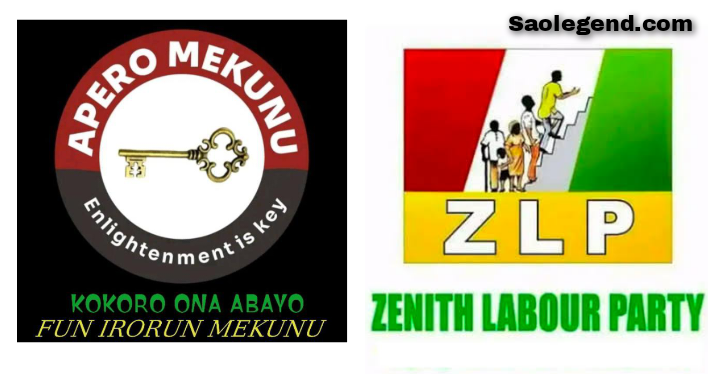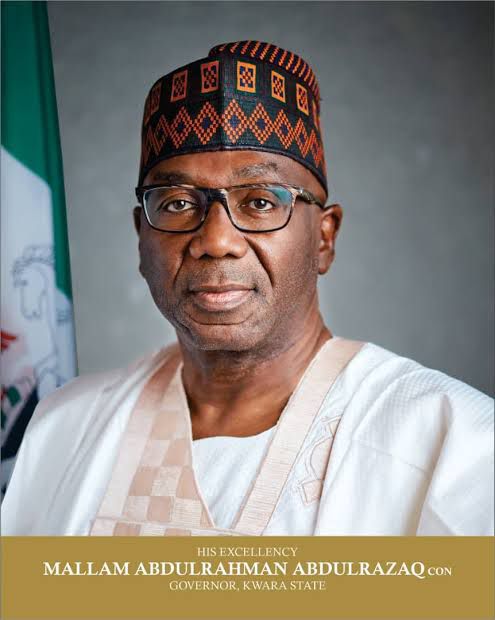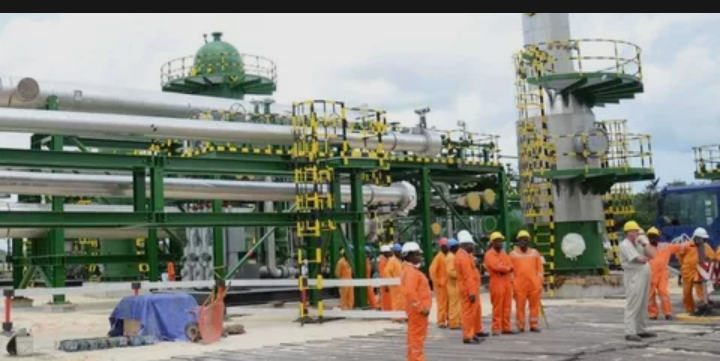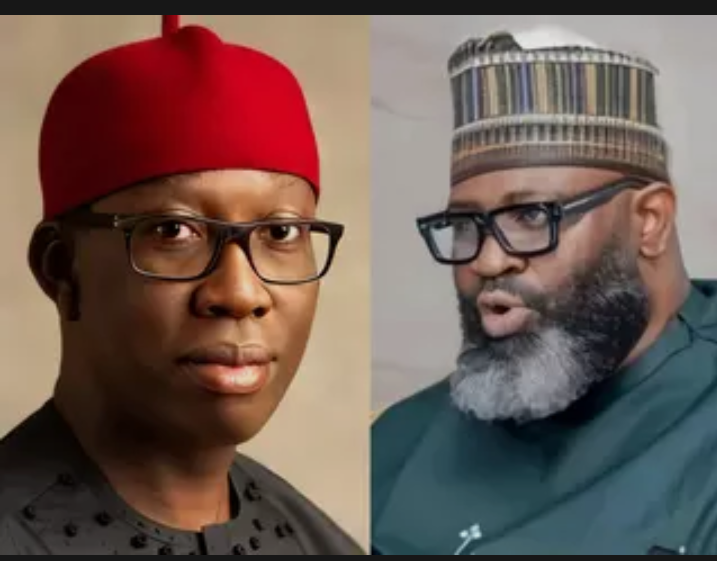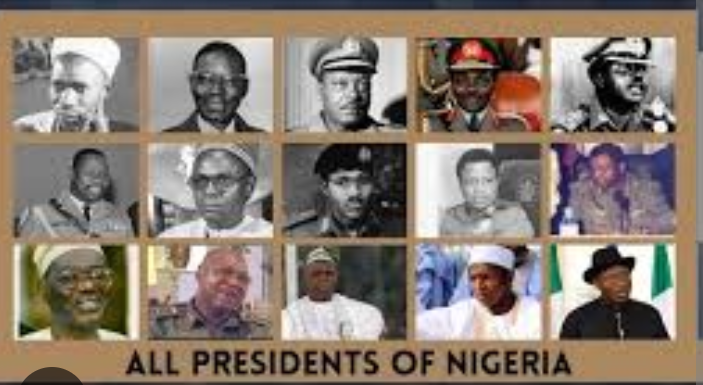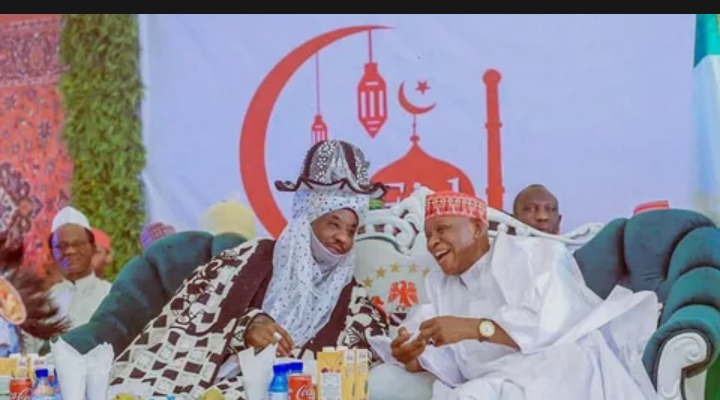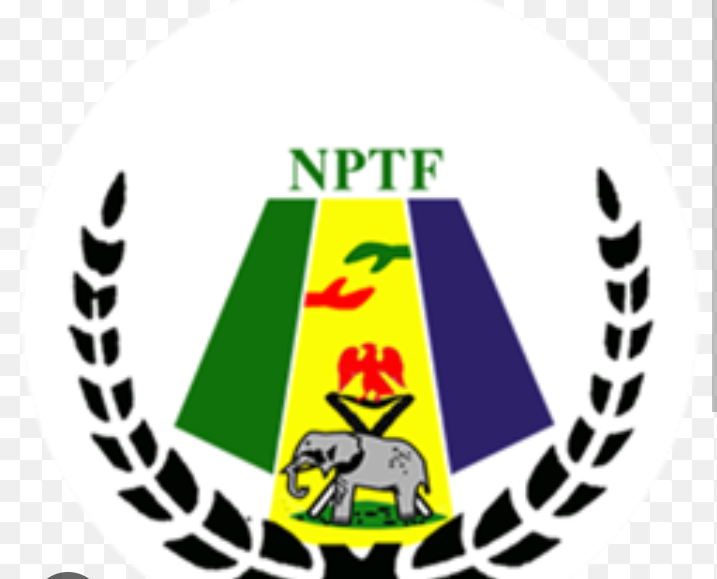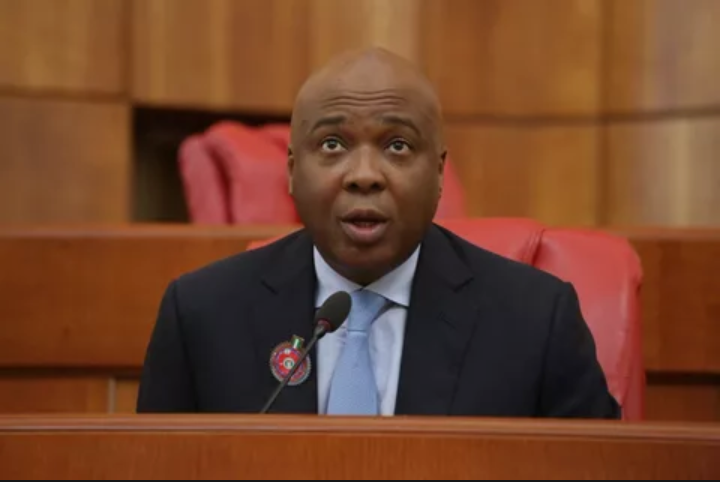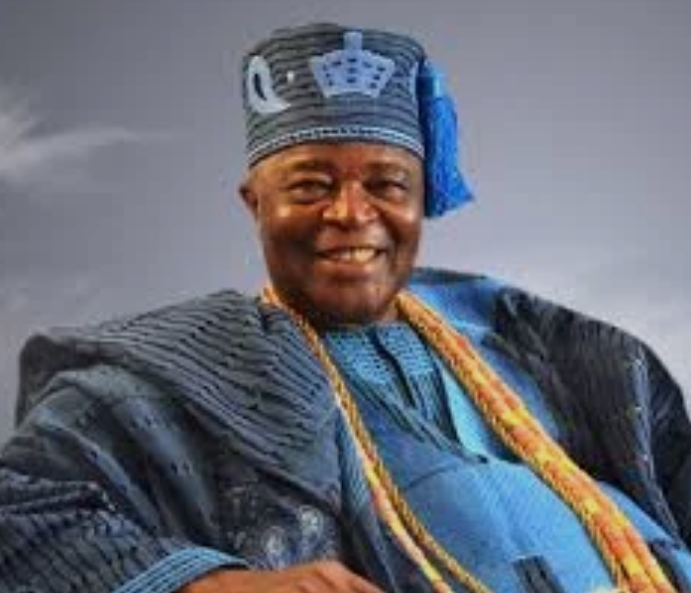
Yorubaland, a vibrant cultural and historical region in southwestern Nigeria, is ruled by some of the most affluent and influential traditional monarchs in Africa. These kings have transcended their traditional roles as custodians of culture and heritage to become prominent figures in business, politics, and social development.
Their wealth comes from a diverse array of sources, including pre-existing family fortunes, vast landholdings, strategic business investments, government stipends, and control over lucrative traditional enterprises.
This article explores the five richest Yoruba kings, providing a deep and broad analysis of the origins and sources of their wealth, with a focus on how each monarch blends tradition with modern entrepreneurship to maintain their status as powerful economic actors.
5.) Oba Adetoyinbo Ogunlade Aladelusi Deji of Akure
Kingdom : Akure, Ondo State
Estimated Net Worth : $25–$35 million
Oba Aladetoyinbo Ogunlade Aladelusi, the Deji of Akure, is one of the wealthiest traditional rulers in Yorubaland. His wealth originates from a combination of family business interests and strategic investments, as well as revenue generated through his traditional authority.
Sources of Wealth:
Family Business Legacy : Before ascending the throne in 2010, Oba Aladetoyinbo was involved in his family’s thriving business enterprises. The Aladelusi family is known to have significant holdings in agriculture, real estate, and trade in Ondo State.
Agriculture and Agro-processing : Akure’s fertile land supports various agricultural ventures. The Deji has capitalized on this, investing in agro-processing and farming businesses that contribute to his personal income and regional economic development.
Land Control and Real Estate : As the traditional custodian of land in Akure, the Deji collects rents and levies from land allocations, especially in expanding urban areas. Real estate development has become a lucrative source of revenue amid growing urbanization.
Government Allocations : Like other traditional rulers, he receives allowances and stipends from the Ondo State government, which supplements his income.
Oba Aladetoyinbo’s wealth is a blend of traditional privilege and business acumen, making him a leading figure in Yoruba economic circles.
4.) Michael Adedotun Aremu Gbadebo Alake of Egba Land
Kingdom : Abeokuta, Ogun State
Estimated Net Worth : $50–$60 million
The Alake of Egba, Oba Michael Adedotun Aremu Gbadebo, rules over one of the most economically vibrant regions in Yorubaland — Abeokuta and its environs. His wealth is deeply tied to the commercial vitality of the Egba kingdom and his personal investments.
Sources of Wealth:
Land Ownership and Urban Development : The Alake controls significant land holdings in and around Abeokuta, a city experiencing steady urban growth. Land leasing and real estate development generate substantial income.
Cultural Tourism and Festivals : Egba’s rich cultural festivals attract tourists and sponsors, providing the Alake with access to funds and economic opportunities connected to cultural heritage promotion.
Business Ventures: The Alake, before ascending the throne, was engaged in commerce and trade. Post-coronation, he has maintained and expanded his investments, including in banking and the hospitality sector.
Government Support : Ogun State government allocates financial support for palace administration and development projects, indirectly enhancing the Alake’s financial strength.
Oba Gbadebo exemplifies how a Yoruba monarch can leverage cultural authority and urban economic growth to build and sustain wealth.
3.) Oba Rilwan Babatunde Akiolu – Oba of Lagos
Kingdom : Lagos
Estimated Net Worth : Approximately $40 million
The Oba of Lagos, Oba Rilwan Akiolu, reigns over Nigeria’s commercial capital, a city whose economy dwarfs many African countries. This geographical advantage greatly influences the Oba’s wealth.
Sources of Wealth:
Real Estate Holdings : Lagos is Nigeria’s economic powerhouse, and the Oba controls vast land and properties in key areas of the city. This real estate portfolio is his primary source of wealth, generating consistent rental income and appreciation in property values.
Traditional Levies and Title Sales : Lagos’ thriving elite often seek traditional titles and royal endorsements, providing a steady income stream for the Oba through levies and ceremonial fees.
Government Allowances : The Lagos State government provides the Oba with stipends and funds for cultural activities, enhancing his official income.
Business Interests : Though less publicized, Oba Akiolu reportedly has stakes in businesses including transport, hospitality, and trade sectors within Lagos.
The Oba of Lagos’ wealth reflects the city’s dynamic economy, with his control of land and urban influence playing a central role.
2.) Oba Adeyeye Enitan Ogunwusi – Ooni of Ife
Kingdom : Ile-Ife, Osun State
Estimated Net Worth : $70–$75 million
Oba Adeyeye Enitan Ogunwusi, popularly known as the Ooni of Ife, is arguably the most internationally recognized Yoruba king, with his influence stretching beyond Nigeria. His wealth, though considerable, ranks second among Yoruba kings, thanks to his business ventures and traditional authority.
Sources of Wealth:
Business Ventures Prior to Kingship : Before ascending the throne in 2015, Oba Ogunwusi was a successful entrepreneur involved in various business sectors including hospitality, real estate, and consultancy.
Cultural Tourism : Ife is a historical and spiritual center of the Yoruba people, attracting tourists globally. The Ooni capitalizes on this with festivals like the Olojo Festival and heritage sites that boost tourism revenue.
Government Support : The Osun State government and the Federal Government provide substantial financial support for the Ooni’s palace, festivals, and community development.
Philanthropy and Corporate Partnerships : The Ooni has established relationships with corporations and philanthropists, leveraging these partnerships for cultural and economic projects that contribute to his wealth.
Oba Ogunwusi combines his business background with cultural influence to maintain his position as a wealthy and respected monarch.
1.) Obateru Akinruntan – Olugbo of Ugbo Kingdom
Kingdom : Ugbo Kingdom, Ondo State
Estimated Net Worth : Over $300 million
Oba Obateru Akinruntan, the Olugbo of Ugbo Kingdom in Ondo State, is often cited as the richest Yoruba king, with a fortune primarily rooted in his vast business empire.
Sources of Wealth :
Oil and Gas Empire : Oba Akinruntan is the founder and chairman of Obat Oil & Gas Limited, one of Nigeria’s largest indigenous petroleum companies. This business alone accounts for the bulk of his wealth.
Real Estate and Agriculture : Beyond oil, he invests in real estate and agriculture, diversifying his income streams.
Political Influence : His economic clout grants him significant political leverage, which supports his business interests and traditional rule.
Government Relations : Though his wealth largely comes from private enterprise, the Olugbo also benefits from favorable relationships with local and state governments.
Oba Akinruntan exemplifies how entrepreneurial success prior to kingship can catapult a traditional ruler to the top of the wealth hierarchy.
Broader Insight: Factors Shaping wealth Among Yoruba Monarch Geographic and Economic Content
A key factor determining the wealth of Yoruba kings is their kingdom’s geographic location and economic environment. Monarchs in regions with rich natural resources (oil in Ondo State) or proximity to economic hubs (Lagos, Abeokuta) tend to accumulate more wealth.
Diversification and Modern Entrepreneurship
Unlike the traditional view of kings solely as custodians of culture, many Yoruba monarchs have embraced entrepreneurship. Their portfolios span real estate, agriculture, oil, hospitality, and commerce, reflecting a pragmatic adaptation to modern economic realities.
Cultural Influence as Economic Capital
For the Ooni of Ife, cultural influence translates directly into economic opportunity. Promoting Yoruba culture globally attracts tourism, investment, and philanthropy, which in turn boosts his kingdom’s economy and personal wealth.
Political and Social Networks
Several Yoruba kings leverage their political and social influence to build business partnerships and access lucrative contracts. This blending of traditional authority and political connections enhances their economic clout.
Finally:
The wealth of these Yoruba kings is a product of a dynamic blend of tradition and modernity. While their royal status provides access to land, titles, and cultural influence, their personal and familial business ventures greatly amplify their fortunes. These monarchs play crucial roles in preserving Yoruba heritage while acting as economic powerhouses who contribute to regional development.
